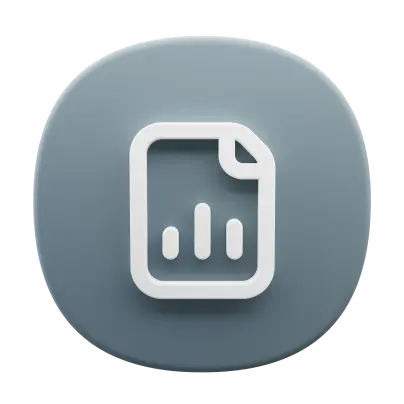Diverse your portfolio with Futures
Trade the most popular Futures like FTSE 100, DOW 30, NIKKEI 225, and many others. Enjoy the low fees and tight spreads on all assets.
Trade the most popular Futures like FTSE 100, DOW 30, NIKKEI 225, and many others. Enjoy the low fees and tight spreads on all assets.

Futures are a type of derivative contract agreement to buy or sell a specific commodity asset or index at a set future date for a set price. The final price of the futures contract is determined by both a buyer and a seller.
Every Future has a specified date of the future payment. It is known as the expiration date. Futures trading is an interesting tool for investors, as they offer a lot of room for flexibility and strategy choices.
Discover most popular Futures available on QuivoxTrade
Advanced trading features — all in one platform
Discover why over 1 million of investors joined QuivoxTrade
Trade with confidence on a battle-tested platform with top-tier security.
Your data is yours, you decide what to share on your NAGA public profile.
Find all the data, insights, and education you need for trading the markets.
Choose from a variety of assets and build a widely diversified portfolio.
Pay less in fees and enjoy better returns in all your profitable trades.
Trade like a master with the help of professional charts and indicators
Futures expiration is ending the circulation on the exchange market of a standard exchange-traded futures contract. The expiration date of a futures contract is the last date when the contract can be traded. This date is fixed in the specification of the futures contract. You can see the expiry dates for futures contracts here.
Futures margin is the amount of money you must have in your brokerage account to protect both the trader and broker against possible losses on an open trade. It generally represents a much smaller percentage of the contract, typically 3-12% of the notional futures contract value.
Execution of a futures contract fulfills a legal obligation to deliver the contract related to that contract. Remember, this is an obligation, not a right, as with options, and this obligation must be fulfilled. For some contracts, the fulfillment of obligations takes the form of physical delivery of the underlying asset, but this is not the practice in online trading.